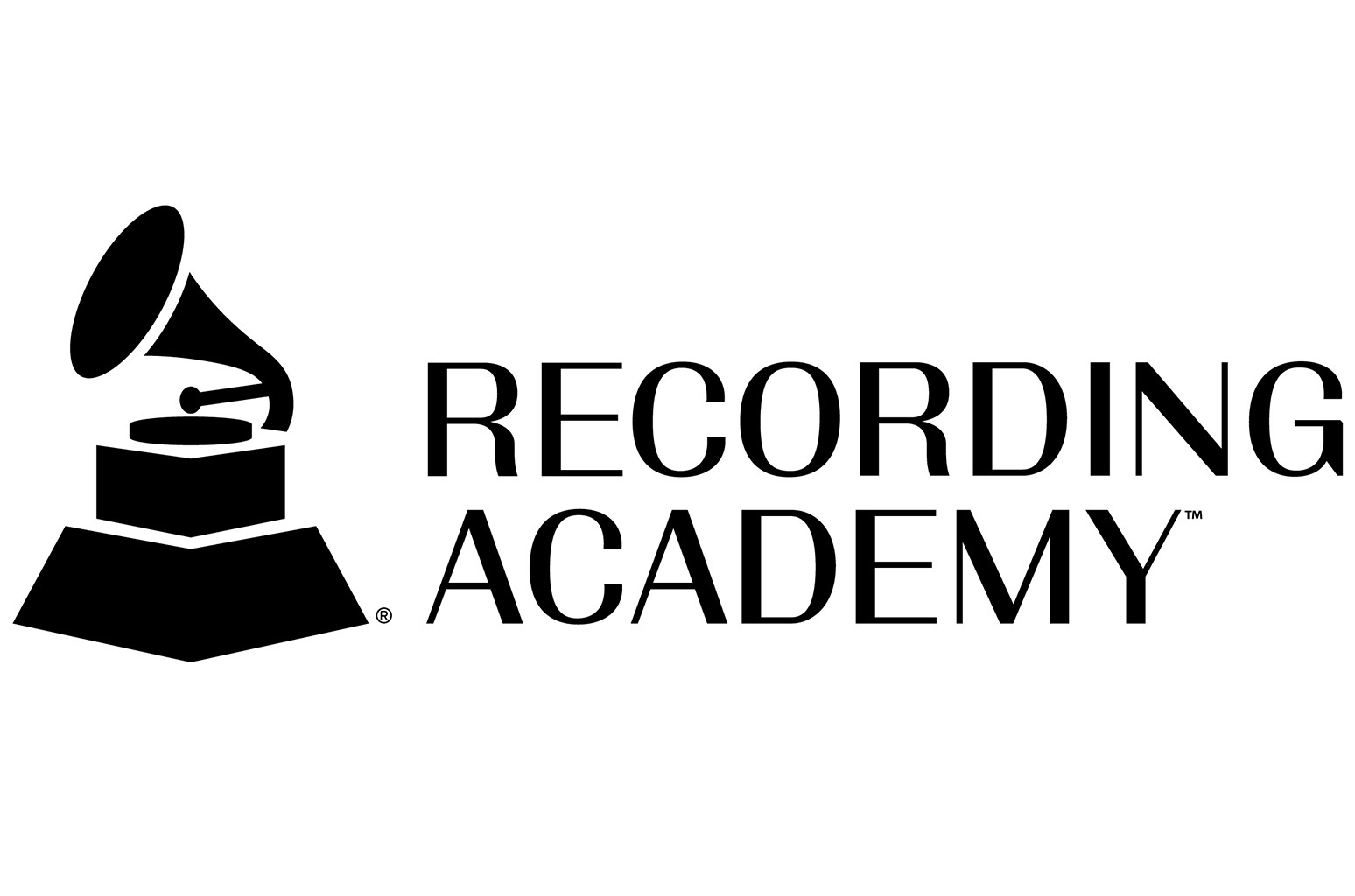
On Monday (June 28), the Recording Academy announced that invitations were extended to 2,710 potential new members in a continuing effort to diversify the organization’s membership.
This year’s class marks an increase from last year’s class of about 2,300 invitees to help ensure that the academy’s “membership is diverse and representative of the entire music community,” Kelley Purcell, vice president of membership and industry relations, tells Billboard.
For the class of 2021, prospective new members are 48% women, 32% Black, 13% Hispanic, 35% white, and 4% Asian or Pacific Islander. In terms of age, 56% of invitees are under 40. (See a full breakdown of the new invites in the infographic at the bottom of this article.)
Approximately 75% of invites were sent to prospective voting members and 25% to prospective professional (non-voting) members. The class of 2021 does not include student or Grammy U members due to their own rolling basis application process. The annual membership fee of $100 has been waived for the second year in a row due to the financial impact of COVID-19.
According to Ruby Marchand, chief industry officer, “The academy is extending a very warm welcome to all members of the creative community of all genres. We’ve been really trying through Kelley [Purcell] and her team to get the word out through the new community in a really grassroots effort.”
To further target underrepresented communities — chiefly, women and people of color — the academy put in place a peer-review panel to evaluate prospective new members. “We changed our membership process to be annual and peer-reviewed in 2018,” adds Purcell. She notes that “it’s a year-round, ongoing process that we’re committed to. We work very closely with our 12 chapters to set goals for cultivating potential new and diverse members. What’s great about our process is how it’s community-driven. Our members as well as members of the music industry are encouraged to submit recommendations.”
Guided by recently restructured leadership under CEO Harvey Mason Jr. along with newly named co-presidents Valeisha Butterfield Jones and Panos A. Panay, the organization is looking to build on the transformative change of the last couple of years. “We want to make sure that with each new class, we’re adding to that balance of diversity that we’re trying to cultivate,” says Purcell.
One such change was this year’s establishment of the academy’s Songwriter & Composer Wing. “It’s quite momentous for us to create a new wing,” says Marchand. “We are welcoming songwriters and composers, who perhaps have not considered applying for membership. Rather than looking at it strictly from a genre perspective, we’re looking at it from a music creator perspective and certainly hoping that the establishment of this wing will encourage more songwriters and composers to join.”
Beyond diversifying membership, Purcell hopes that “the addition of more diversified revenue [streams] will enable us to do more things that people know us for — supporting our members in need, supporting music education, supporting the Grammy Museum and advocacy. This is what our members value.”
One of this year’s invitees is Chloe Flower, pianist/composer/producer and Cardi B collaborator, who was also included on Billboard’s panel on Asian Americans in the music industry last May.
“Being a new member of the Recording Academy is so important to me because representation matters,” she told Billboard. “As an Asian American woman serving as a pianist, composer and producer, I hope to honor my role not only by bringing diversity through gender and race, but also through genre, bringing much needed attention to music education and representing the classical and instrumental space.”
The new class is expected to accept invitations by Sept. 15 in order to be able to vote in this year’s awards process.


